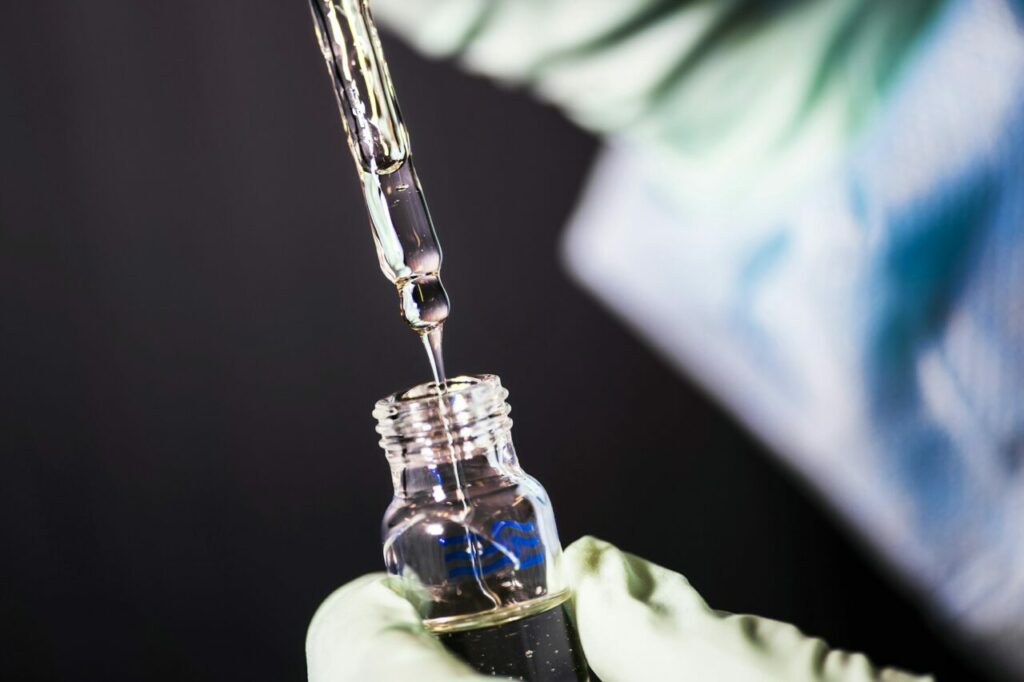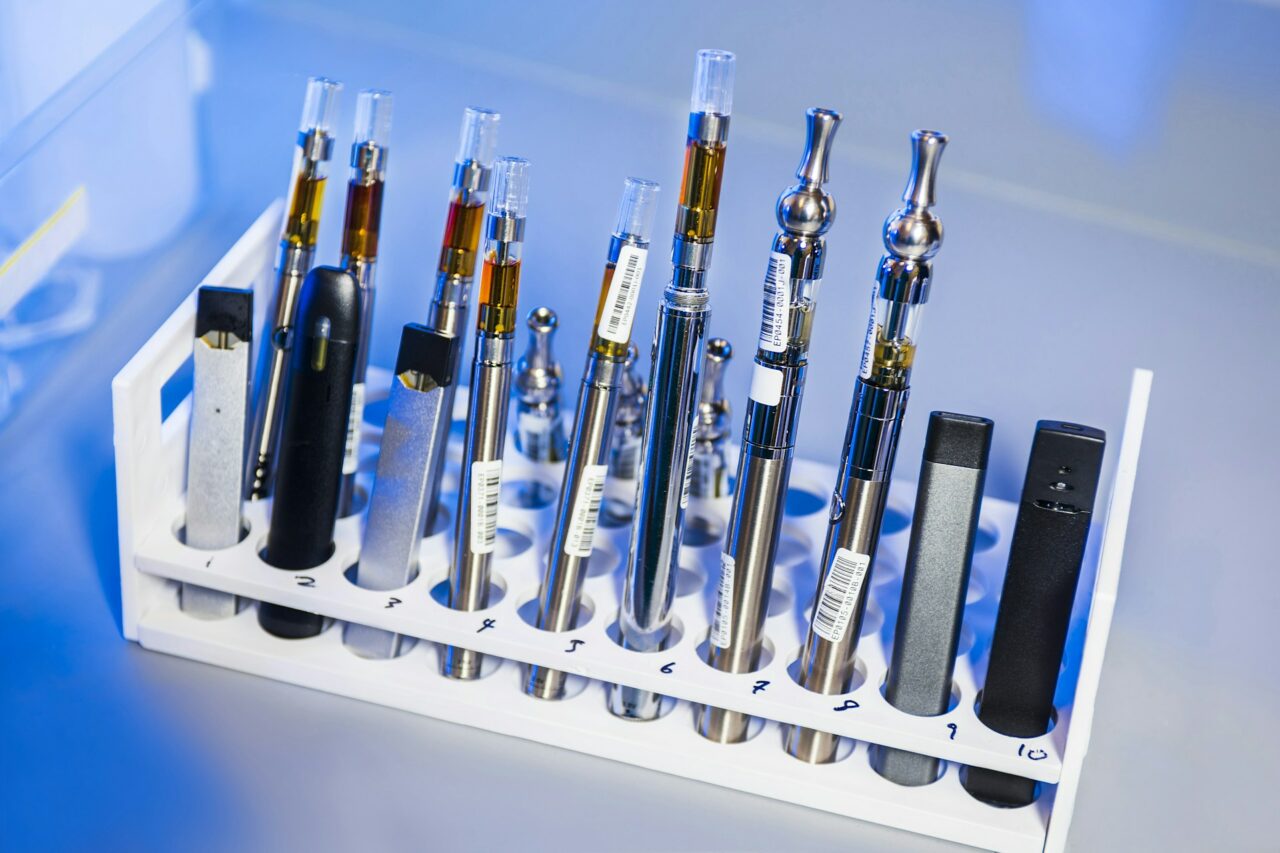The Drug Enforcement Administration (DEA) is ramping up production quotas for advanced products including the DMT vape pen, marijuana, and other psychedelics. With Canada leading the charge, we are entering an exciting new era of understanding.
The recent announcement of increased production for certain substances opens the door to unprecedented research opportunities.
Key Highlights:
- The DEA intends to boost production limits to 20,000 grams of psilocybin and 11,000 grams of dimethyltryptamine by 2024.
- The spirit molecule disrupts cyclic thoughts and enhances brain and cognitive function.
- Suggesting an increase in these substances could advance medical science and pave the way for cost-efficient alternative treatments.
DEA’s 2024 Agenda: A Glimpse into the Future of Psychedelics
In a remarkable move towards improving research capabilities, a recent proposal from the DEA calls for an augmentation in the production of certain controlled substances for scientific exploration in 2024. This reflects a growing recognition of the need for larger quantities to meet medical and research demands.
Specifics of the Proposal
The revised proposal substantially increases production quotas, signaling a deep commitment to clinical trials. For instance, the target for certain substances has nearly doubled, with the production cap set at 20,000 grams for psilocybin and 11,000 grams for DMT vape cartridges.
These changes are a direct response to input from registered manufacturers, who emphasized the need for larger amounts to support ongoing and future research. The production goals for related compounds have been maintained at previous high levels to ensure a steady supply for therapeutic investigations.
Potential Benefits for Scientific Research and Therapeutic Uses
The increased availability of these substances could create new opportunities for scientific pursuits, particularly in understanding their therapeutic potential. As more research emerges, scientists might uncover revolutionary treatments for a variety of conditions, including mental health disorders.
This heightened focus not only has the potential to extend our knowledge but also aligns with the growing public fascination with alternative therapies. These changes could propel medical science forward and offer more affordable therapeutic options than traditional treatments.
treatments.Navigating the Unknown: Ongoing and Prospective Studies on Dimethylamine and Psychedelics in Canada
Alternative therapy options in Canada have seen a growing focus, with recent breakthroughs hinting at a potential transformation in mental health treatment.
In 2021, substances known for their psychological benefits saw a spike in interest, even though the market dynamics cooled down later. However, clinical trials continue to produce encouraging results.

Current Scenario
On December 5, 2022, Health Canada released a Notice to Stakeholders outlining the expected risk-management measures in clinical trials involving psychedelic-assisted psychotherapy. In Canada, each province adopts unique strategies for regulating the study and use of psychedelics:
| Ontario | The Centre for Addiction and Mental Health (“CAMH”) received the first Canadian federal grant for psilocybin research. |
| Alberta | Approval granted for the therapeutic use of certain psychedelics, including psilocybin, psilocin, ketamine, LSD, MMDA, and DMT. |
| University of Guelph | Received Health Canada’s approval to cultivate mushrooms containing psilocybin. |
| Saskatchewan | The Linden Medical Centre offers support for individuals with PTSD to access psychedelics. |
| New Brunswick | Hosts a network of private clinics offering ketamine treatment for PTSD. |
| British Columbia | Has decriminalized personal possession of certain substances. |
| Quebec | Mindspace by Numinus legally provides MDMA and psilocybin therapy for treatment-resistant depression and PTSD. |
Potential Areas of Research
Several promising research areas are emerging, especially regarding the therapeutic applications of dimethyltryptamine and psilocybin. As the evidence of their effectiveness continues to strengthen, future studies could explore:
Every time she uses the DMT vape pen cartridges, it results in a distinct and unique experience, she explains. “From the first puff, I feel an overwhelming sense of relaxation and colors appear more vivid,” she recalls. “I feel as though I’m weightless, floating in water, yet held firmly in place by some invisible force.“
Entrepreneur Tim Leonard describes an intensely profound experience: “It felt as though my spirit left my body and entered a realm that can only be described as divine.” He saw “a semi-transparent human skull with a brain pulsating colors and energy,” which delivered a deep message about the miracle of human existence.
The Rise of Vapor Pens: A Guide for Aware Consumers
The increasing popularity of premium DMT vape pens and cartridges has transformed the way people engage with this substance. These compact devices offer a discreet and convenient way to derive the benefits. The growing number of users underscores the need for responsible usage and awareness of ongoing research.
- Educate Yourself: Stay updated with trustworthy sources about studies and regulations. Keep track of clinical trials and their findings, as they may provide essential information about safety and efficacy.
- Know Your Product: Purchase from reputable vendors that offer clear labeling and quality guarantees. Being aware of what’s in your product can contribute to a safer experience.
- Practice Moderation: Start with smaller doses to understand your response. Conscious consumption can lead to more enjoyable experiences.
- Connect with the Community: Engage in discussions with other users and healthcare professionals. Sharing experiences and insights fosters a supportive environment and encourages responsible use.
Looking Ahead: How Canada’s Online Dispensary is Prepared for the Psychedelic Wave – Where to Find Vape Pens
As our understanding deepens with further research, the Shrooms Toronto Canada offers informed choices for every journey in your exploration of various substances. As your dependable online dispensary, we provide top-quality psilocybin products, making the venture into the vibrant world of psychedelics easier than ever before.
The recent pique in interest in psychedelic studies triggered by the DEA has led to heightened anticipation for a host of intriguing possibilities on the horizon.
Frequently Asked Questions
Can individuals acquire the substances the DEA has requested?
No, the substances in question are currently under research for their potential benefits. If you desire to purchase a DMT vape cart or any of the substances mentioned, you can either visit a clinic that includes them as part of their treatment or buy them from an online dispensary.
What differentiates dimethyltryptamine from other psychedelic substances?
Dimethyltryptamine sets itself apart from other psychedelics through its powerful effect and brief duration. In contrast to LSD, which can alter neural activity for multiple hours, dimethyltryptamine creates a brief yet deeply immersive consciousness shift, marked by vivid visual patterns and a range of other sensations.
What condition is currently being improved with the use of dimethyltryptamine?
Several studies have shown that this compound can produce immediate antidepressant effects on patients the day following treatment. Other research has explored its impact on mental health outcomes among healthy volunteers. The primary focus is on easing symptoms of depression and anxiety.





